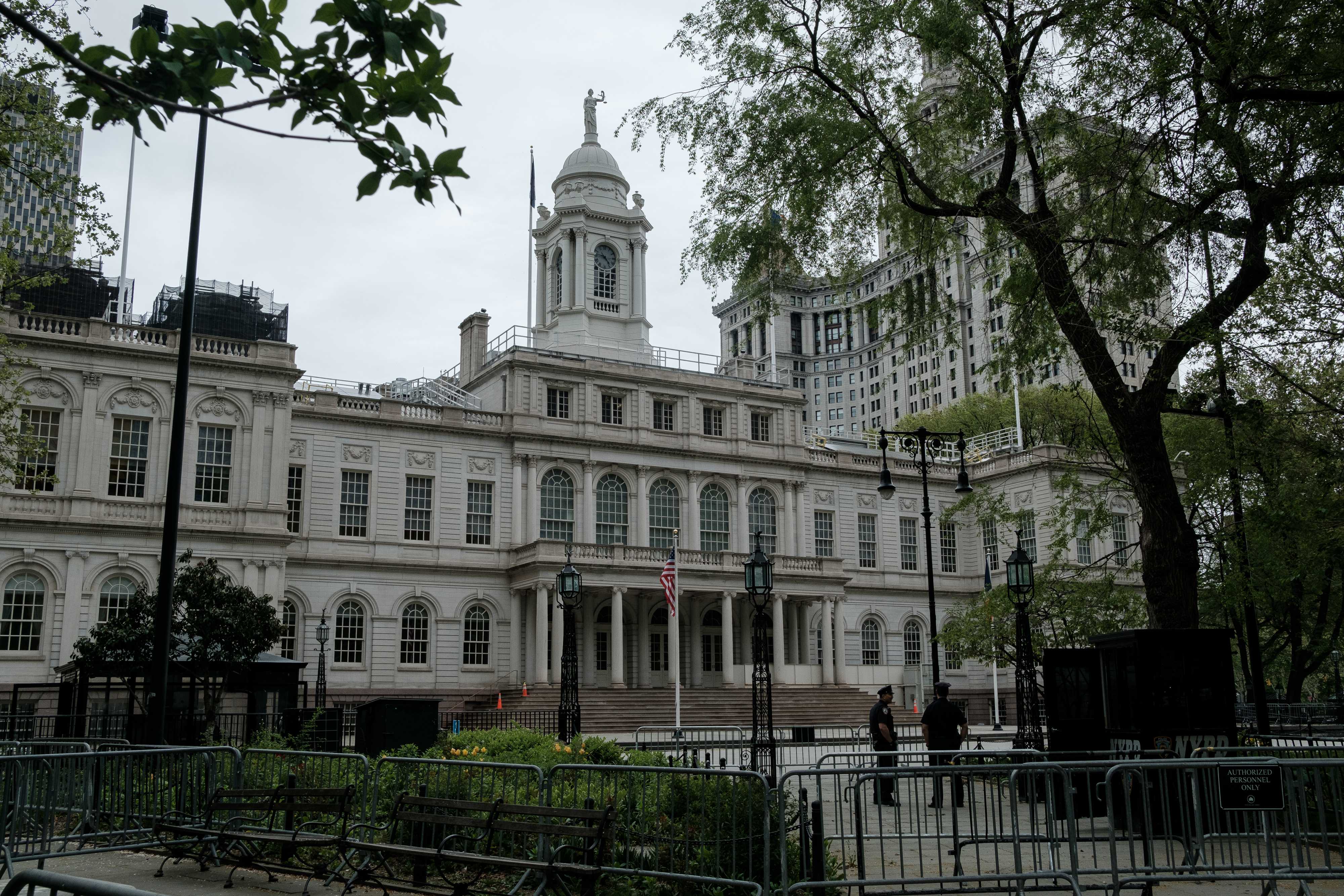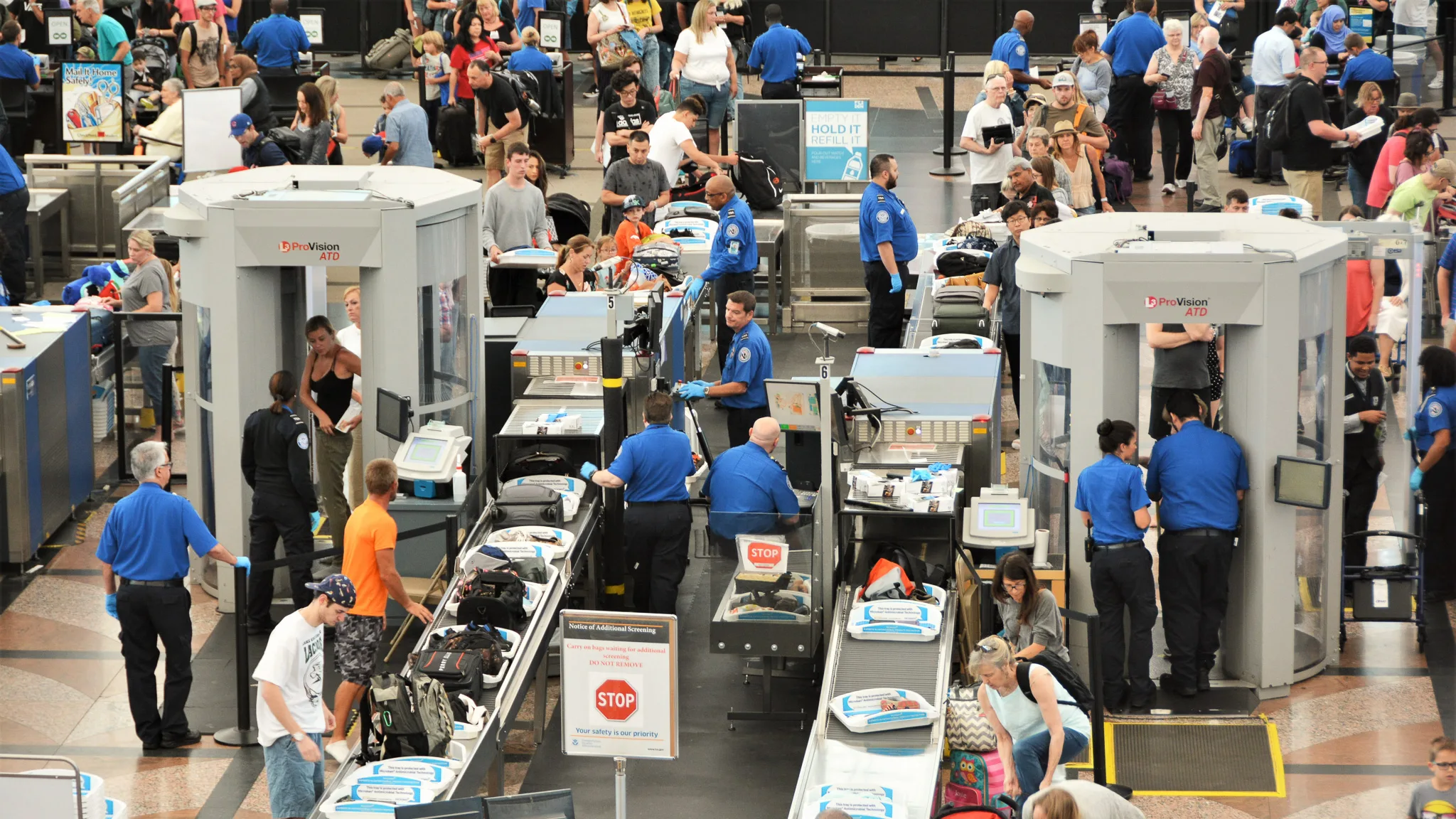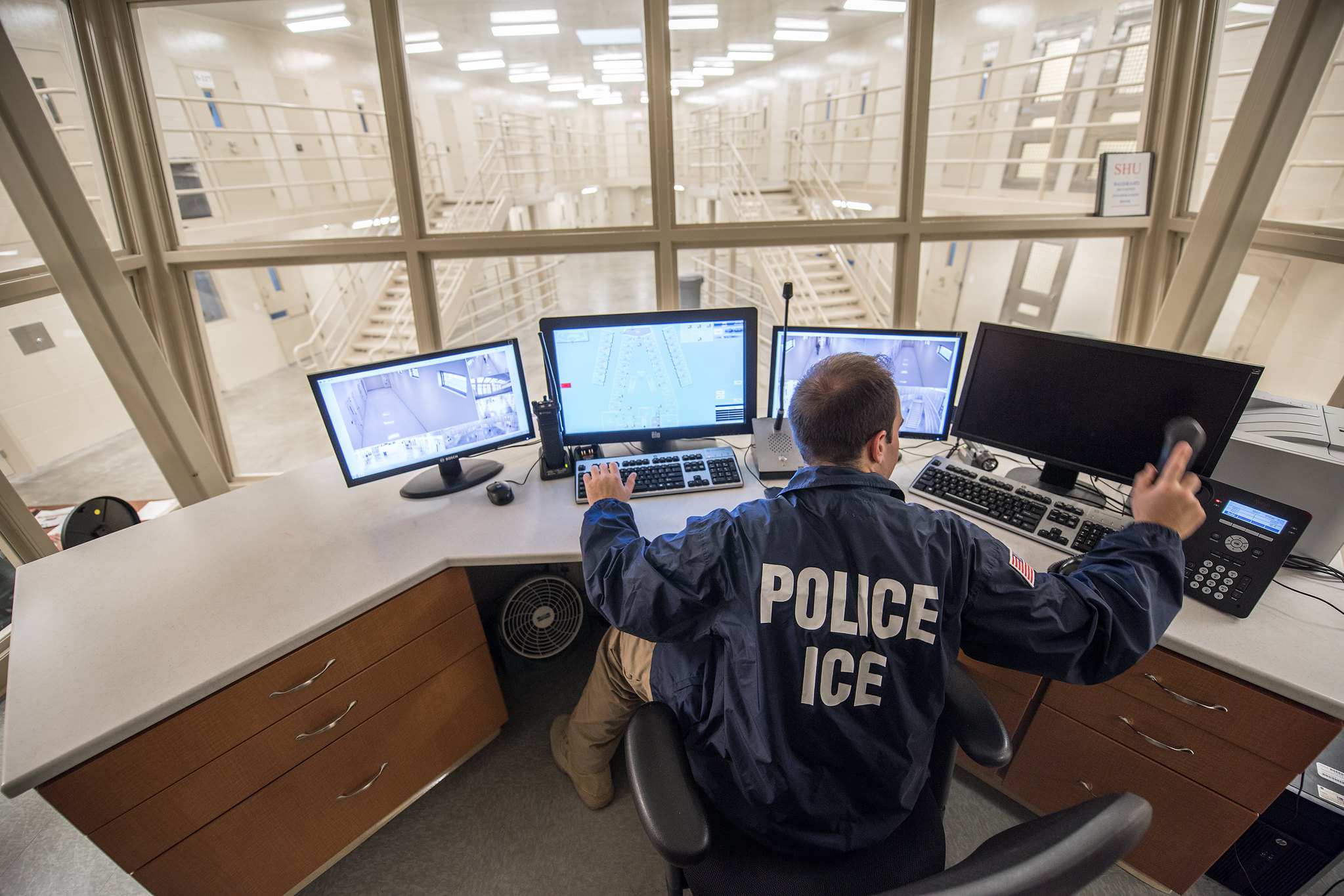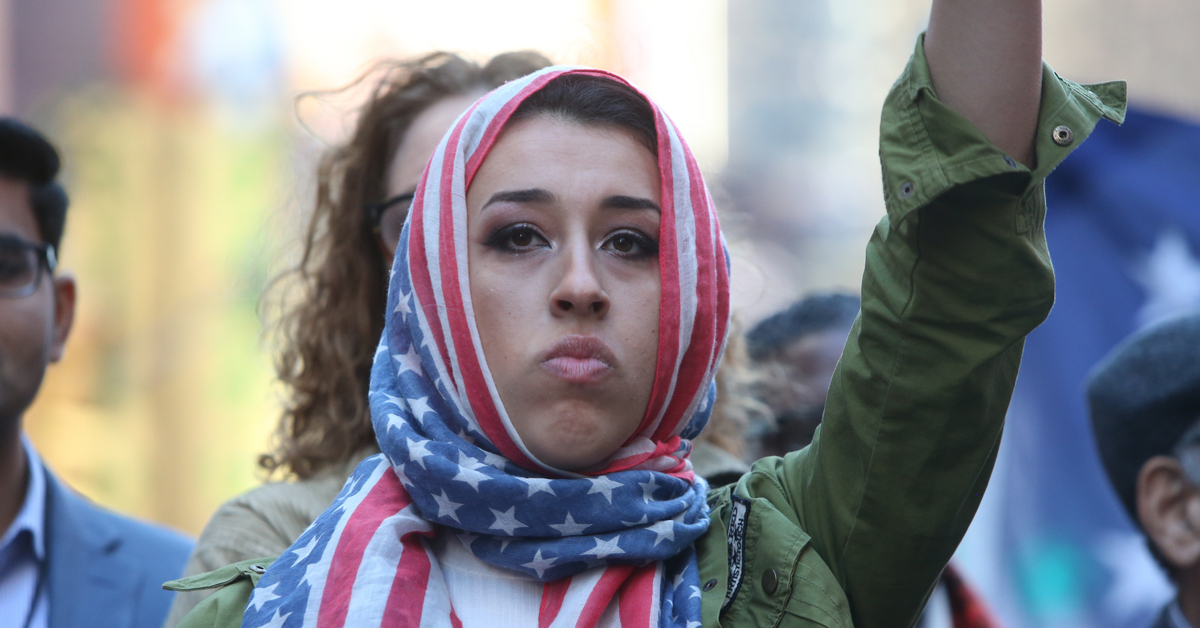This summary was featured in Documented’s Early Arrival newsletter. You can subscribe to receive it in your inbox three times per week here.
The New York City Council on Monday will vote on whether to extend local voting rights to U.S. legal permanent residents who have been living in the city for more than 30 days but are otherwise not eligible to vote. But Mayor Bill de Blasio drew issue with the plan, saying on WNYC on Friday that he didn’t believe it would be “legal,” and that the city’s lawyers think that change should be made at the state level. Mayor de Blasio said he had “mixed feelings” about the proposed law, and would instead favor people going through the full naturalization process. There are about 900,000 legal permanent residents living in New York City. Gothamist/WNYC
In other local immigration news…
What is the ICE Alternatives to Detention Program?

As New Jersey continues to cut ties with U.S. Immigration and Customs Enforcement detention, questions remain regarding what will happen to local residents arrested by the agency. Since the handful of facilities that detain immigrants in the state started ending their contracts, ICE has largely chosen to send individuals across the country. But there is another alternative — albeit a flawed one, according to advocates. It’s a program called Alternatives to Detention, where immigrants can live outside of detention facilities while still supervised by ICE. Our Documented explainer looks at what the program is and how it operates.
Undocumented Immigrants Excluded From Hurricane Ida Federal Aid
Many undocumented immigrants bore the brunt of Hurricane Ida’s effects on New York City. But they’re now being shut out of the Federal Emergency Management Agency aid, even though millions of dollars are now unlocked for New York City. Some undocumented immigrants, like Marlén Romero from Mexico — whose home and belongings were inundated by the storm — are upset they may not qualify for the assistance. “It’s not fair for all of us who are undocumented who don’t have someone ‘legal’ in their households. We live in basements so we can save some money because rent in this city is so expensive,” she said. THE CITY














